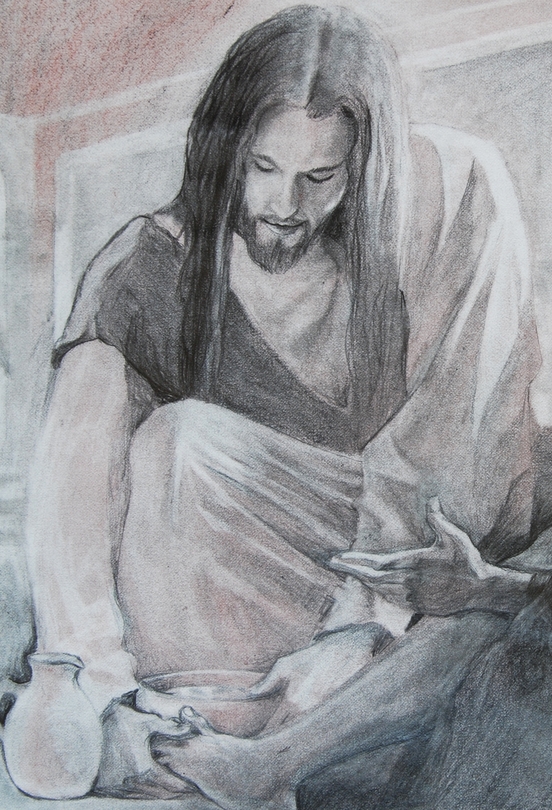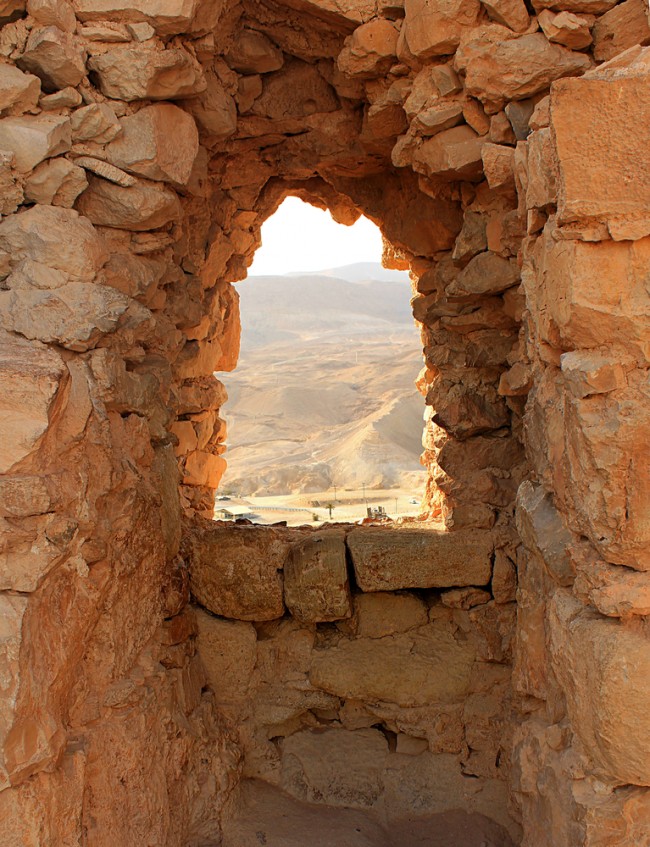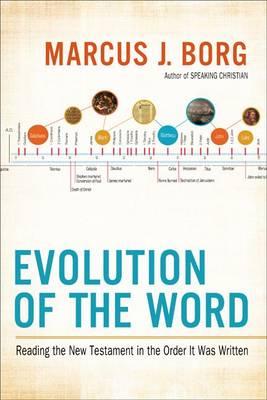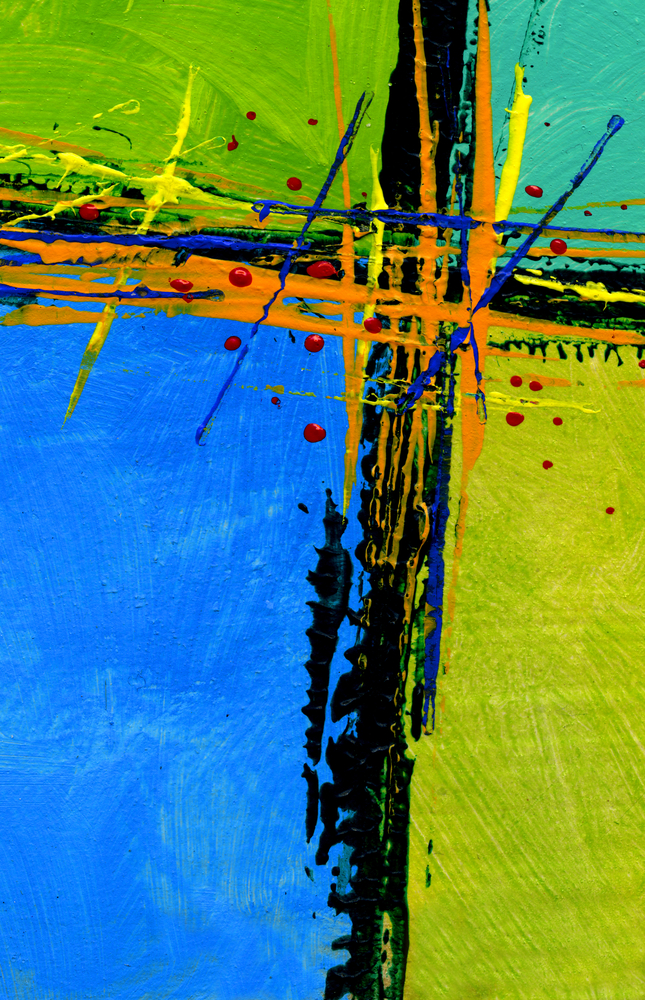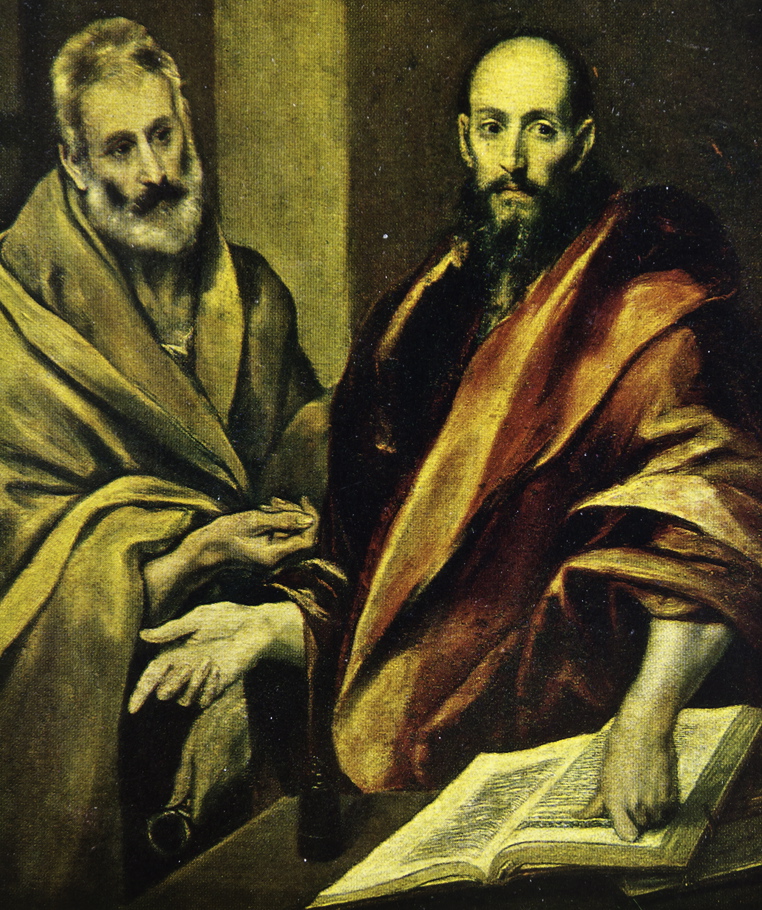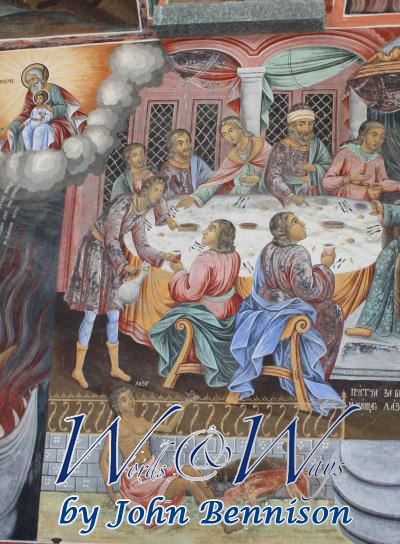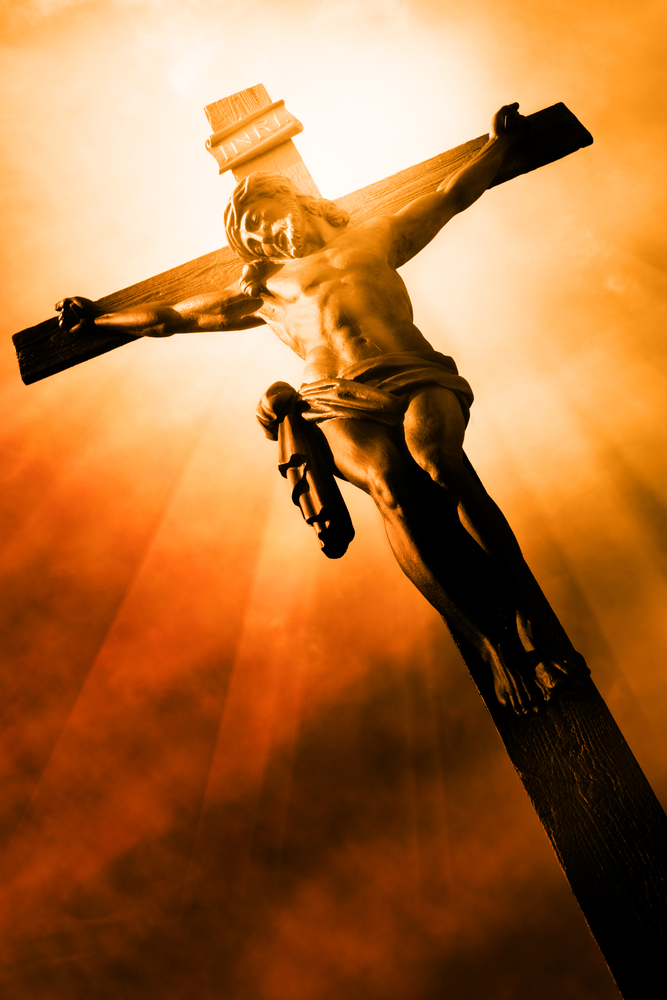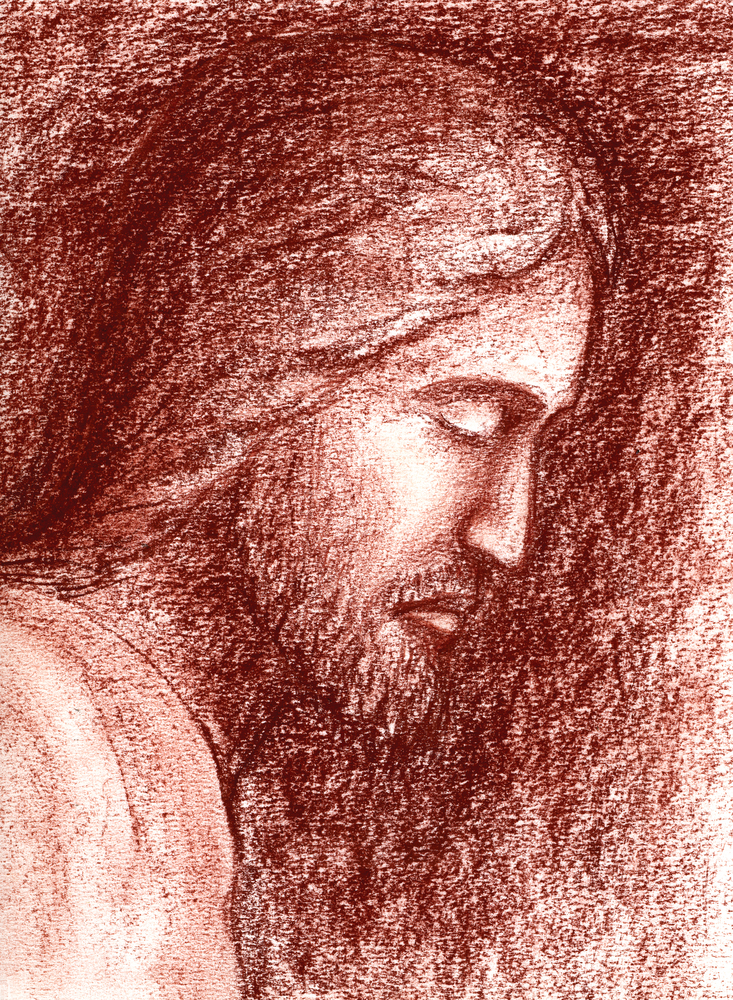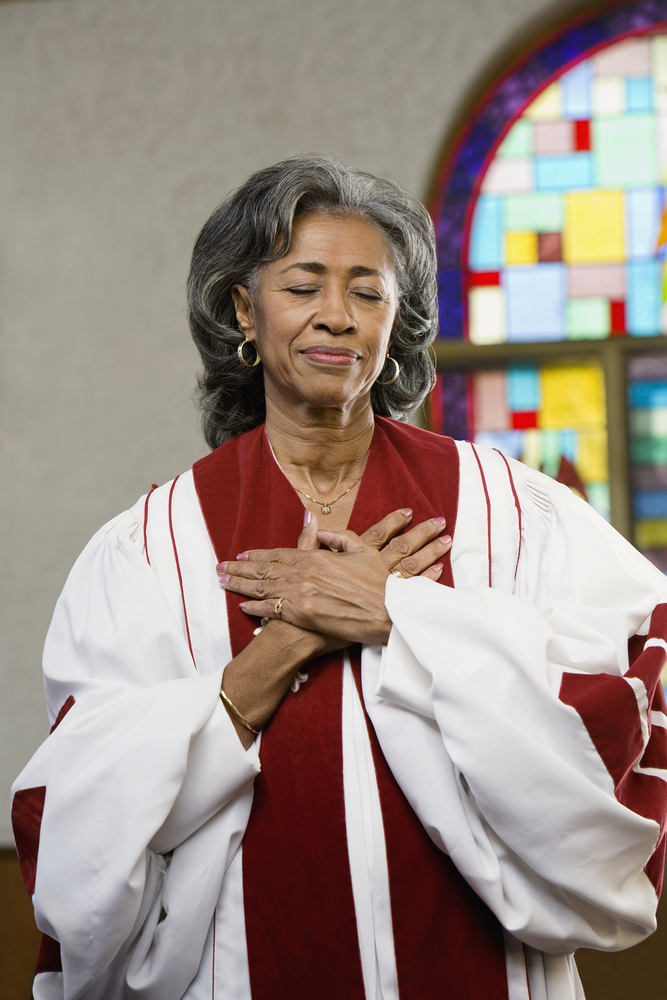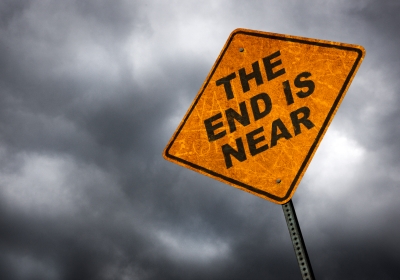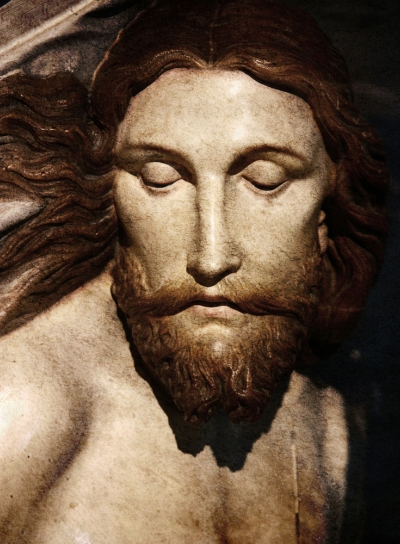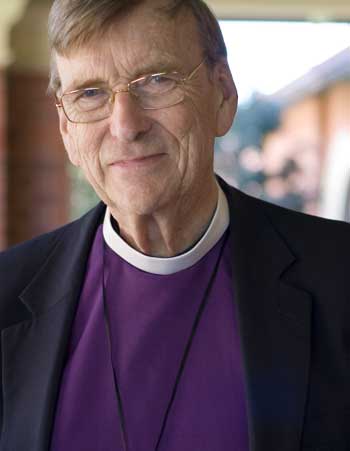Restoration of a Vision from the Christian Faith Tradition
What might constitute an adequate improvement to the world order? This commentary constitutes an exploration of this pesky, perennial question about "a better world" from the vantage point of one faith tradition, and in contemporary context. Its intention is not to offer novelty or any new revelatory insight, but rather to remember and restore a perspective that lies at the heart of a biblical gospel tradition; based on the teachings of a pre-Easter human Jesus.
The idea of a second coming of Christ is a mystery, if not explicitly controversial. Jesus’ followers apparently believed he would return during their lifetime after he was crucified. When that didn’t happen, later followers gradually changed the belief into an indefinite “someday.” After two thousand years of waiting, most Christians no longer look for it to happen in their lifetimes and acknowledge that Jesus may have been speaking metaphorically about his return. It is just as likely that those words were put into Jesus’ mouth by the gospel writers themselves. Wishful thinking?
But what our guide told us next has stayed in my memory for the almost twenty years since my visit. With a shrug of his shoulders he explained, “Well, we need a site. An important event—we need to have a site. Do we know exactly where it happened? No. But we must have a site so that we can remember.”
The New Testament in the Order the Books Were Written
the full-text of the New Testament—and one of the only Bibles organized in chronological order and including explanatory annotations that give readers a more informed understanding of the Scripture
When we look at the entire story of Jesus, including his teachings as well as his life, it seems clear his path always presumed a spiritual death before one could experience new life or rebirth. His hodos required a death to the old before there could be a birthto a new way of seeing, a new way of understanding and experiencing life.
But the loss of their key center and probably the main leadership and overall strength of the movement opened the way for Pauline Christian influence which is clear particularly in Luke (both his Gospel and Acts).
The great dividing line for two religions and the relationship between them is the period of 66-70 CE, which ended in the destruction of both Jerusalem and the great "Second Temple". For Jews of the time this destroyed the political, economic and religious organization of Israel....
Reconciling Gratitude, Generosity & Greed
The common dream most people have of one day having more than they already have seems to have remained as fleeting and elusive as ever. Meanwhile, the gross disparity and widening gap in this country between the haves and the have-nots has reached a point where an oligarchy of corporate interests posing as individuals shape public opinion and outspend each other as never before in partisan attempts to buy an election.
I've titled this as about the Resurrection, which is just one part of a complex of beliefs... but let's return and end there... What similarities or differences do you see in Paul's Resurrection statements and beliefs and those of the early Jerusalem Jesus-followers?
Mark’s Gospel has often been described as a “enigma’ and this can apply both to the whole of Mark’s text, as well as to nearly all of its mysterious contents. There is not just one story-line, one discourse or one dimension to its depicted characters but Mark presents many and various aspects within his Gospel. This enigma involving multiple dimensions, levels and stages are in evidence in the following five important and multiple aspects of Mark’s Gospel.
Basically, the Church was developing within a strongly partiarchal and heirarchical society.... Despite the freshness and hopefulness we see in Jesus and Paul, it is not surprising that male domination would soon assert itself and claim exclusive leadership privileges. Maybe women could lead among women, of course... no real complication or threat there.
2) The Hebrew scriptures, or the Old Testament, represent a religious tradition that is independent of the later Christian faith. The Hebrew scriptures aren't about Jesus, although the Christian scriptures include many references to the Hebrew scriptures. To honor the fundamental differences between the two sets of scriptures doubles the spiritual significance of the entire Bible.
With chapter 7 the anti-Semitism that has haunted Christianity for centuries seems to become unavoidable.
* How did monotheistic Jews of the early church come to see Jesus as a part of the unique identity of Israel's God? Offering an alternative to "functional" and "ontic" Christology, Bauckham convincingly argues that the divine identity---who God truly is---can be witnessed in Jesus' humiliation, suffering, death, and resurrection.
The process the early followers of Jesus went through that resulted in the Church of Jesus Christ is fairly long, fairly obscure, and full of pitfalls for those who seek to recreate it.
Part I
Shortly before his deadly rampage in Norway in July, Anders Behring Breivik posted a rambling Christian jihadist manifesto on his Facebook page. Within days, a self-professed Christian fundamentalist who blogs online claimed the mass murderer was no Christian because he “supports Darwinism and human logic, demonstrating a rationalist worldview rather than a Christian one.” Uh-oh. While I would also identify myself as some kind of “Christian,” I couldn’t resemble either of these two characters less. So what kinds of beliefs and behaviors do I accept and refute to describe my own “Christian” identity? What kind of a “Christian” am I? …
The events in the life of Jesus of Nazareth did not happen in a vacuum, nor are these events history as history is now defined.
The events and characters that are described in Revelation are infused with a certain fundamental archetypal significance that can be applied to a wide array of individuals and situations—including ones in the present-day.
Constituencies of two distinct religious traditions joined in and by their pasts have been engaged this week in observances honoring their shared mythology.
Sea Raven's inspired historical-critical reading of Jesus' thought welcomes us into the past and present struggle to bring about a divine commonwealth.


